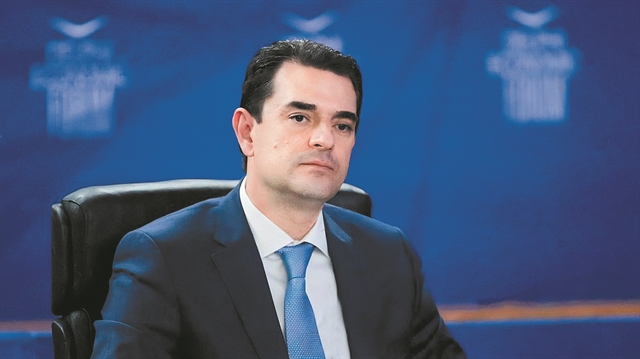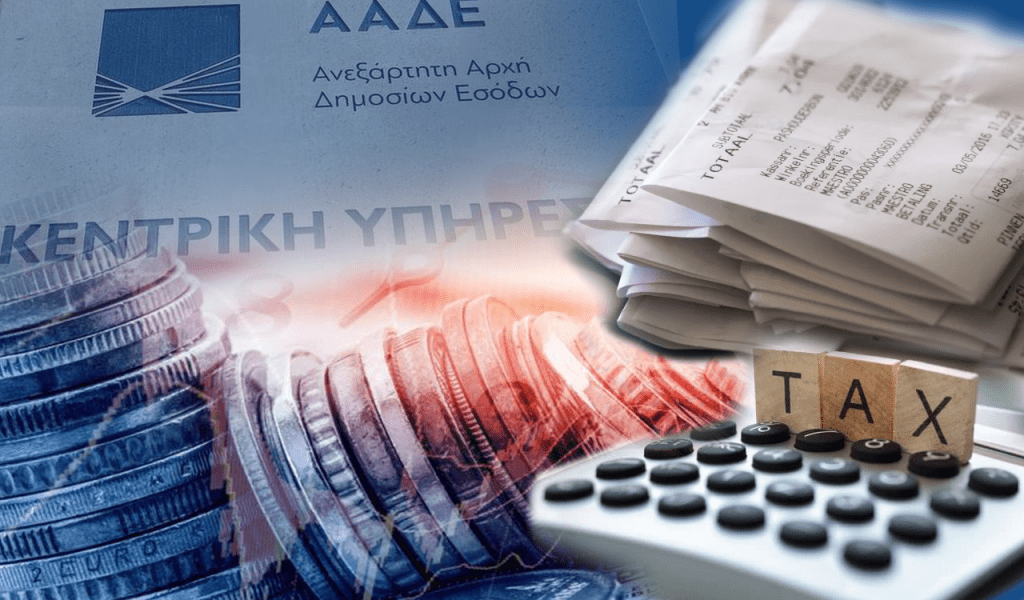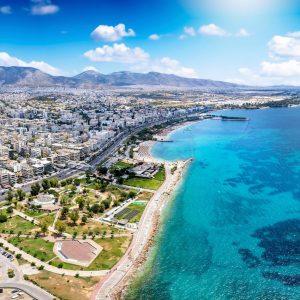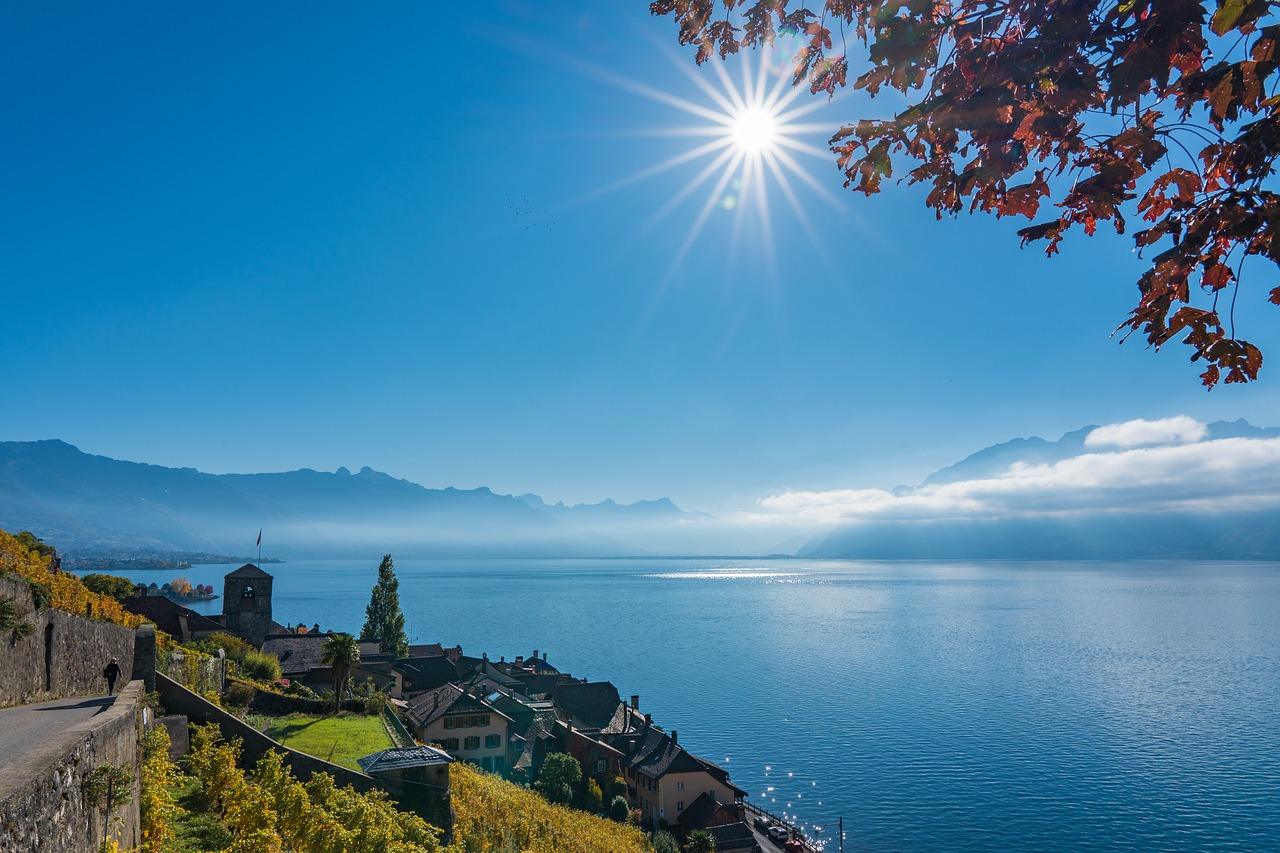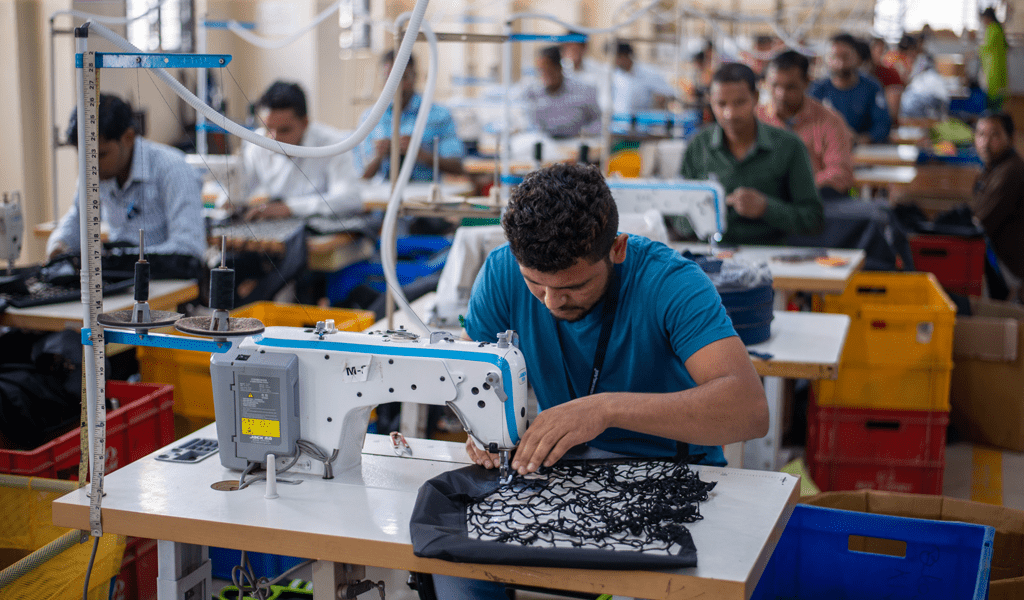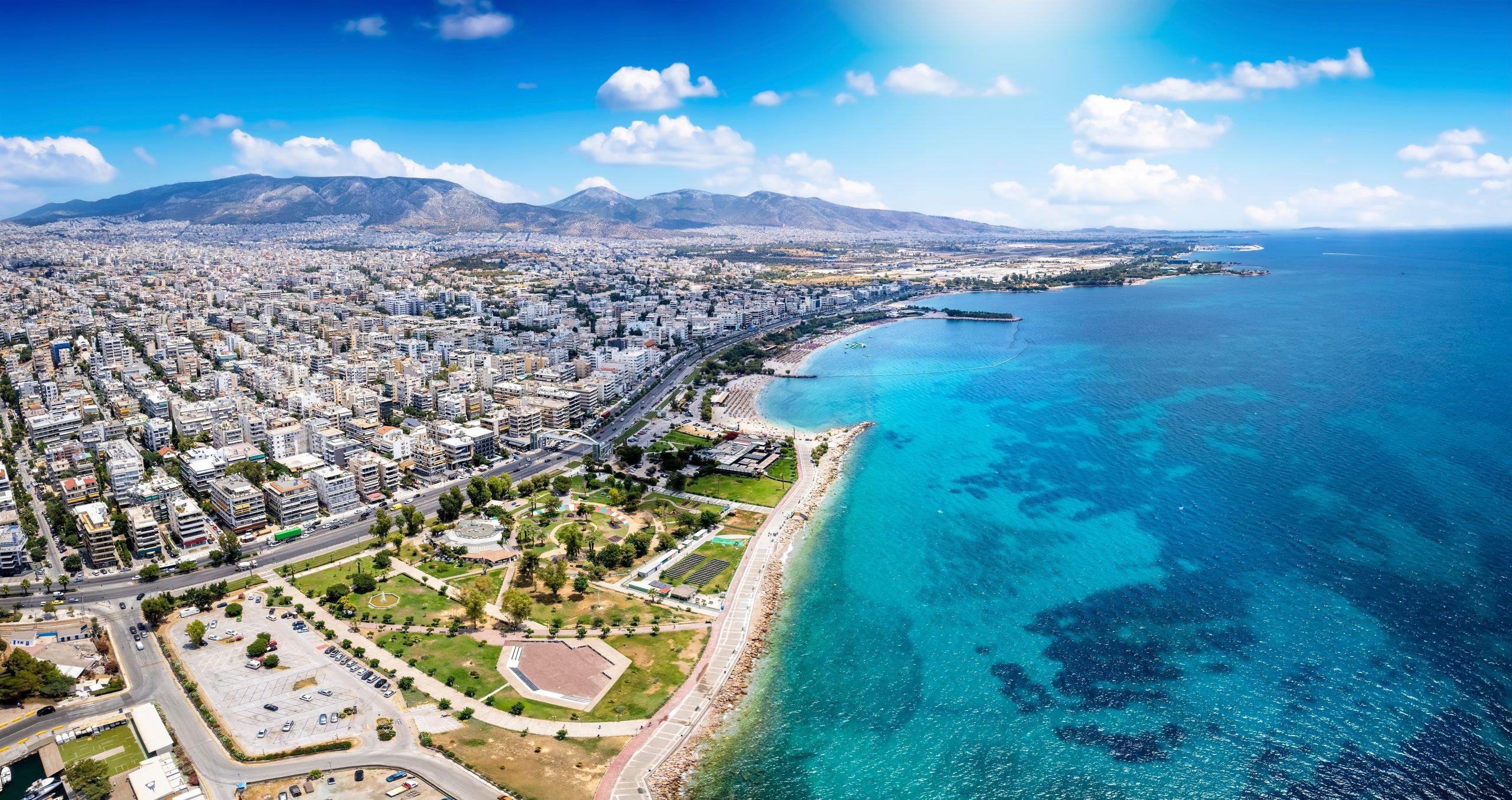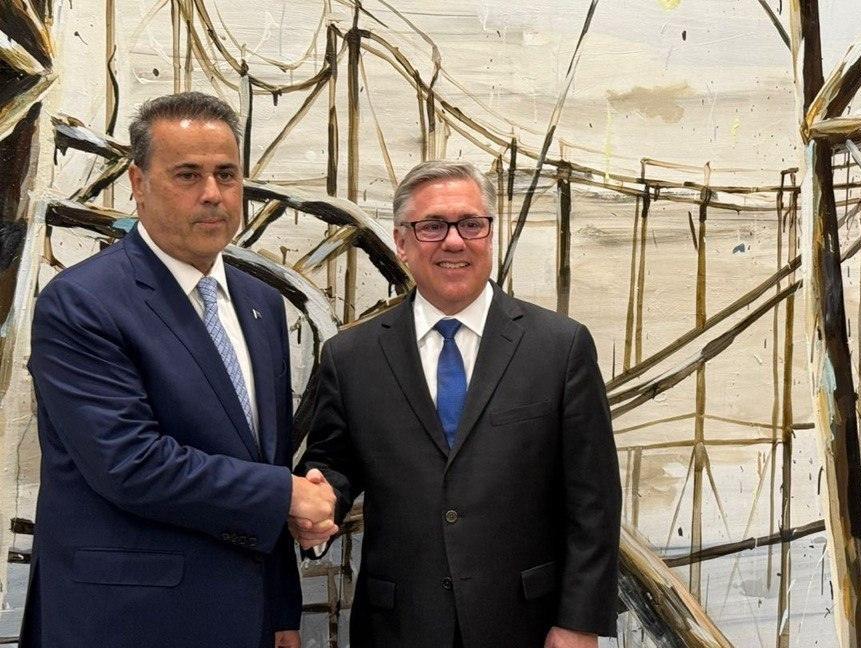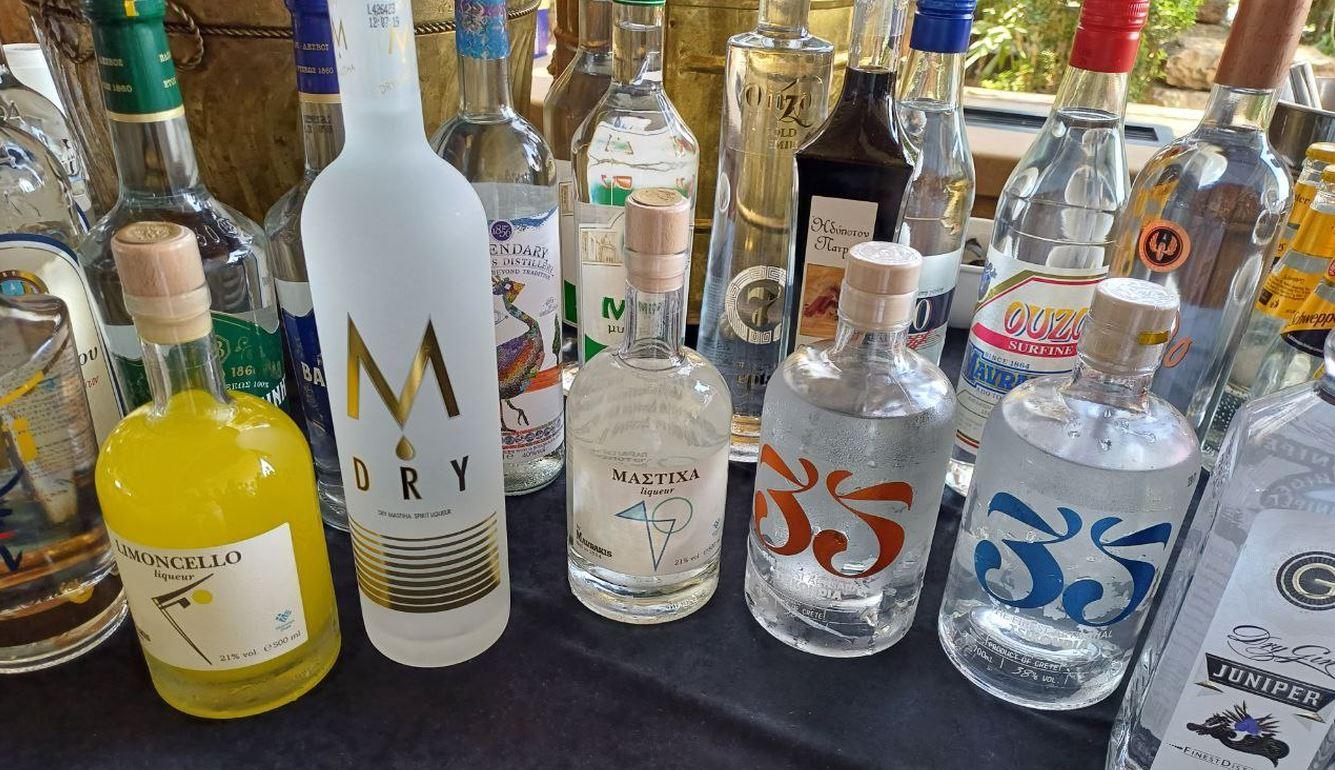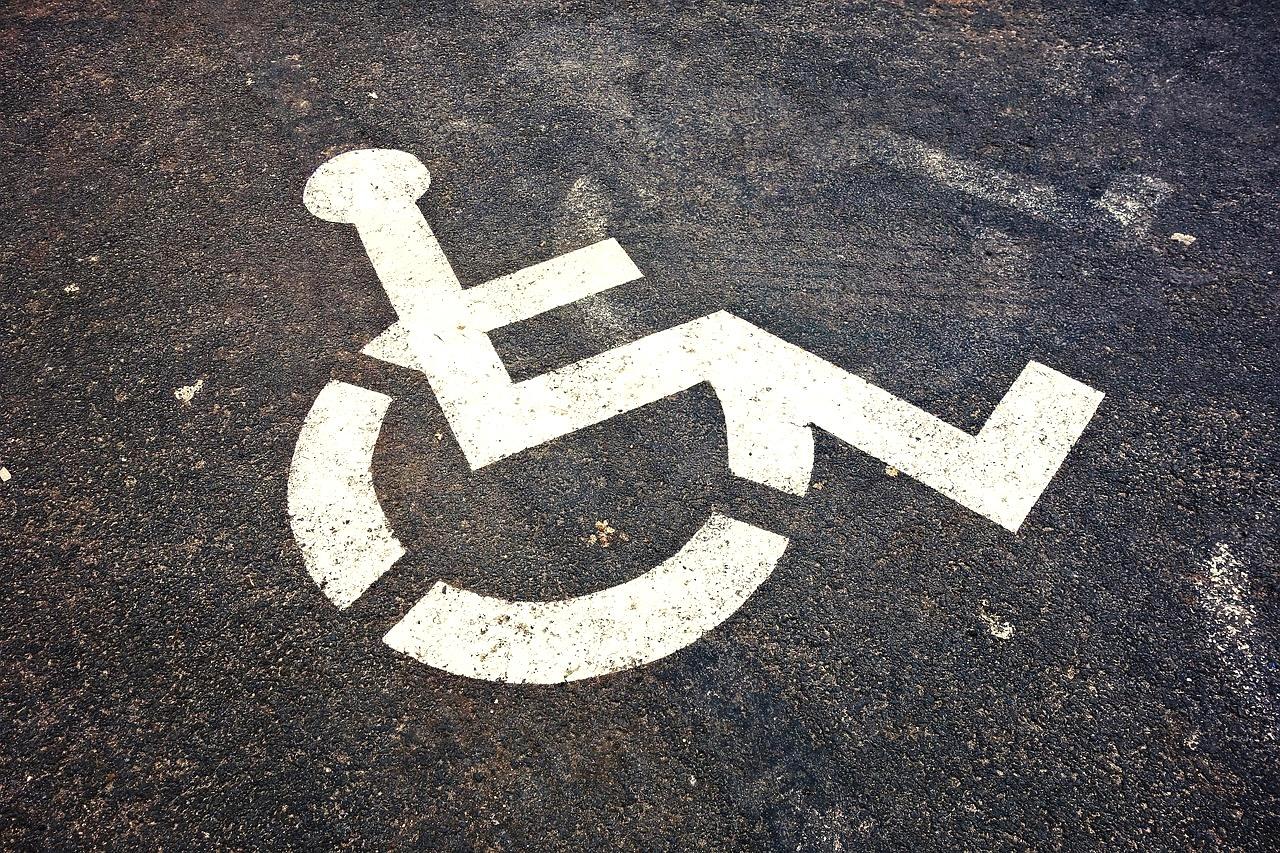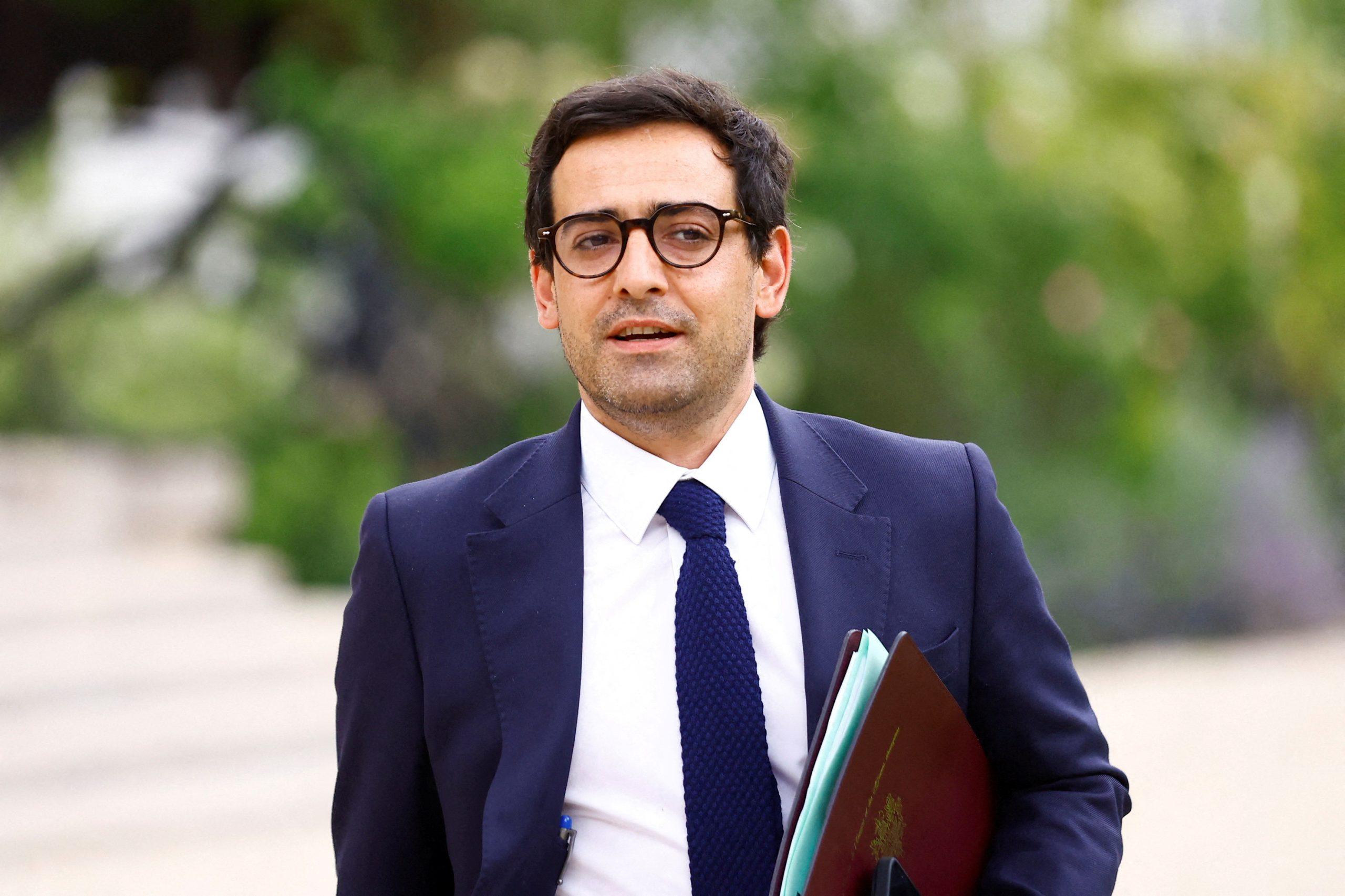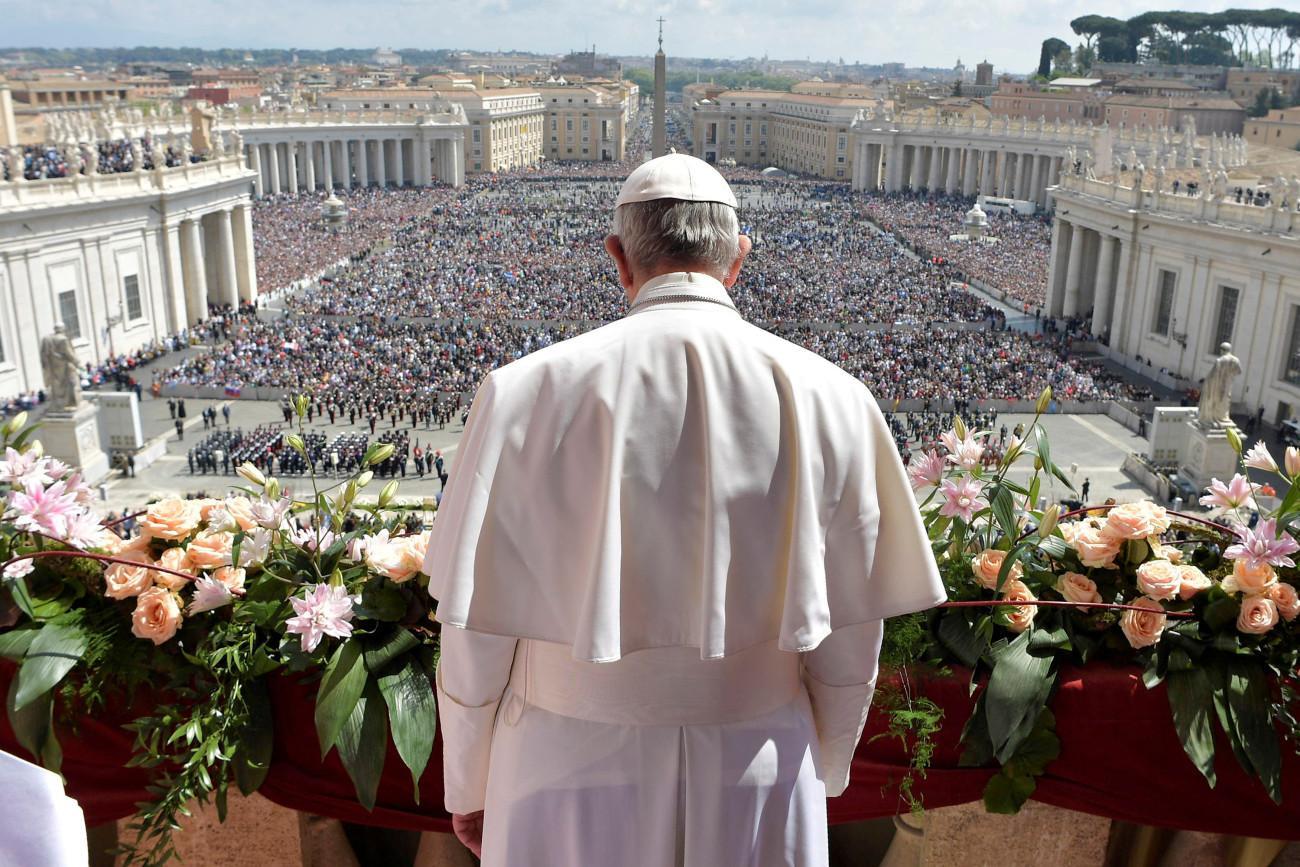The Greek Minister of Environment and Energy has asked the country’s major industrial groups to draw up plans to reduce the consumption of natural gas and electricity.
According to information from ot.gr, last Friday, September 2, Mr Kostas Skrekas met in his office, at the ministry, with Mr Stasinopoulos (Viohalco), Mr Papalexopoulos (Titan) and Mr Mytilineos (Aluminum of Greece) and he asked them to immediately prepare energy saving plans for the energy-intensive activities of their factories so that, if necessary, to be implemented during winter. It is also said that the minister has asked the industrial units to limit the consumption of gas and electricity, without affecting their employees.
The aim of Kostas Skreka’s move is to achieve energy savings of 15% and in the event that the supply of Russian gas to both Europe and Greece is completely cut off (the supply is through the Turk Stream pipeline), not to lead to a cut in electricity and gas loads for households and smaller businesses.
According to the same information from ot.gr, at the meeting, which took place away from the spotlight, the Minister of Energy informed the large industrialists about the latest developments regarding the interruption of Russian gas supply to Central Europe via Nord Stream 1 as well as the Commission’s moves regarding energy sufficiency measures and the ceiling on electricity and gas prices.
Operation “thermostat”
The developments with Nord Stream 1 and the new surprise move by Gazprom not to put the pipeline back into operation are causing concern within the Greek government.
Although Greece is not, as mentioned above, supplied with gas from this pipeline, the possibility of not opening its valves is expected to cause an explosion in LNG demand in order to replace the quantities of Russian gas. And the supply of LNG, if the Nord Stream 1 shutdown is prolonged further or if another pipeline to Europe is closed, will now be limited.
Against the backdrop of these negative scenarios, the leadership of the Ministry of Environment and Energy, in addition to activating Plan B, as was evident from the meeting between Mr Skrekas and the three industrialists, is also taking other actions.
According to information from ot.gr, a campaign is being prepared in order to inform citizens about energy saving in households, shops and offices. Sources want it to include simple tips such as setting the thermostat at a certain temperature, turning off lights in rooms that are not in use and limiting the consumption of energy-intensive household appliances.
The information campaign is expected to be ready within the month and will reportedly take the form of tips and recommendations. However, it is possible that in the event of extreme developments with the gas supply, the restriction of consumption could become mandatory.
Measures to control energy prices
At the same time, the measures the EU will come up with on energy security and prices are to be decided this week.
As is known, on Friday, September 9, the EU’s Energy Council of Ministers is meeting in an extraordinary session in order to take decisions concerning the measures to control energy prices.
According to ot.gr, the EU and EU energy ministers will meet to discuss the issue of energy prices. The Greek model of controlling electricity prices and decoupling them from natural gas is on the table of the Energy Commission and the European Commission.
It is considered that the Athens’ model, activated last July, is more effective than the model applied by the Iberian Peninsula countries. It is recalled that the Greek mechanism sets compensation ceilings per power generation technology, while the electricity exchange market operates normally on the basis of the System Limit Price. The revenues recovered are used to subsidize the electricity bills of households and businesses.
As to how the mechanism will be implemented, it is reportedly not clear whether it will be mandatory for the 27 EU member states or whether it will be voluntary. That is, it is up to countries to decide whether to adopt it or not.
